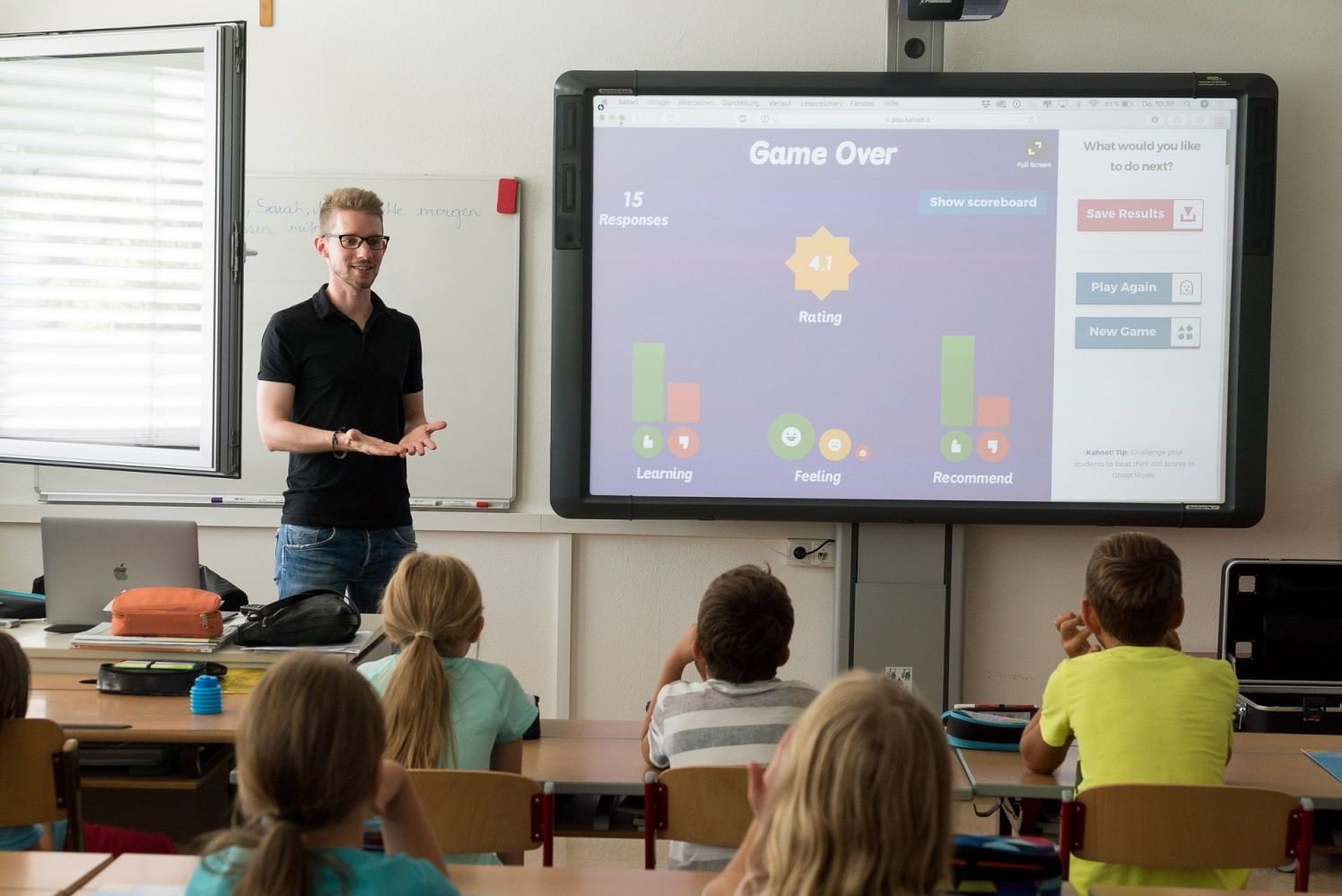
“Education is the key to unlock the golden door of freedom”, quoted George Washington Carver. So, when it comes to education, what’s the best avenue for student learning? Many still prefer traditional learning because it’s the only way to maintain a fluid and solid learning process.
We all know virtual learning is famously flexible. What springs to your mind first when you think of online classes? Primarily the presentations and quizzes sans the human element, but most of all, it’s the flexibility to study from the comfort of your home and the fact that assignments can be completed at leisure. But classroom teaching cannot be replaced simply because of the numerous benefits. Offline learning has been a part of the education system for the longest time and most of us have had a tryst with classroom teaching. In a five-year-long study of over fifty thousand students taking both online and face-to-face courses, researchers found that online classes had higher failure rates than traditional classroom courses. Major drawbacks in online courses are limited communication, limited teacher-instructions and the need for more personal responsibility. On an average, most students claim that online lectures are becoming increasingly ‘unengaging’ and the lower attention span in online classrooms results in lower retention overall.
When it comes to cost, in a survey conducted, researchers asked respondents to think about twenty one components of an online course, such as faculty development, instructional design and student assessment, and how the cost of those components compares to a similar face-to-face course. The respondents said that nine of these components cost more in an online course than in a face-to-face course, while twelve cost about the same. In other words, virtually every administrator surveyed said, online courses are more expensive to produce.
According to a Pennsylvanian study, only 5% of total online students actually finished classes and not all who completed the courses passed. Even in universities like Harvard and MIT, course completion rates range only from 0.8%-7.5%. There are some things that, if remain unchanged, are much better and education is one of them. Although online courses allow students to learn at their pace, they are not as valuable as traditional style learning. The teacher in the classroom not only offers students an expert process but also focused, personal attention.
Here are some benefits of traditional, classroom learning environment that make this form of experience worthwhile for students:
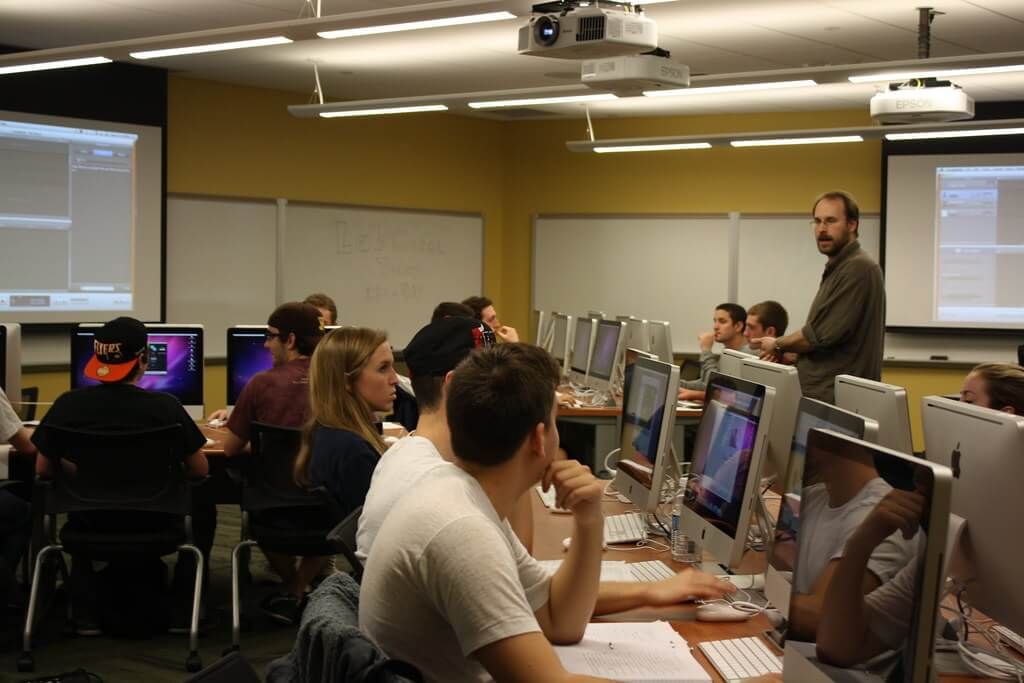
1. Critical Thinking
Classroom teaching enhances students’ critical thinking skills. Classroom studying provides an opportunity for students to engage in live discussions where they can better utilise their critical thinking skills to voice opinions or involve in an argument.
2. Collaborative Learning
Offline education forces students to travel to traditional classrooms for lectures. These classrooms are often a melting pot of cultures and students receive a much higher exposure to different cultures, backgrounds and lifestyles. These experiences are unmatched when students face the real world.
3. Personal Interactions
With the face-to-face nature of traditional classrooms, students receive much higher personal interactions. Be it with fellow classmates or teachers themselves.
Through the traditional structure of these classrooms, there is an immediacy in clearing doubts and students can do so personally with the teacher physically present and attentive.
Activities like lunch breaks and post-class discussions help students consider, debate and refute course points in a personal manner.
4. Skill Development
Classroom teaching teaches students how to develop organizational skills, beginning with the basics, such as arriving at school on time.
Students are held accountable for being prepared to do school work, which includes doing their homework the night before, being ready for quizzes and competitions, submitting assignments on time and preparing for classroom discussions.
All these help students in organizing themselves and their time, prioritising their homework, assignments and leisure.
5. A Physical Teacher
The presence of a teacher physically in a classroom keeps the students attentive and inspired throughout the lecture and also initiates participation in activities. This enables students to retain more from what they have learnt during a session.
In this method, teachers can also modify their teaching style based on types of learners in their classroom i.e. classroom activities can help visual learners and interactions can help auditory learners amongst others.
Through this process, teachers can get an idea of whether the students are following what has been taught or they require further explanation.
The form of education best suited for you becomes clear once you lay down your priorities. If more social and personal learning is what appeals to you, then offline education is your way to go. And with more and more opportunities opening up for Indians across the world, one has much easier access to colleges abroad. This can only mean a more enhanced understanding of the world, cultures, individuals and businesses.

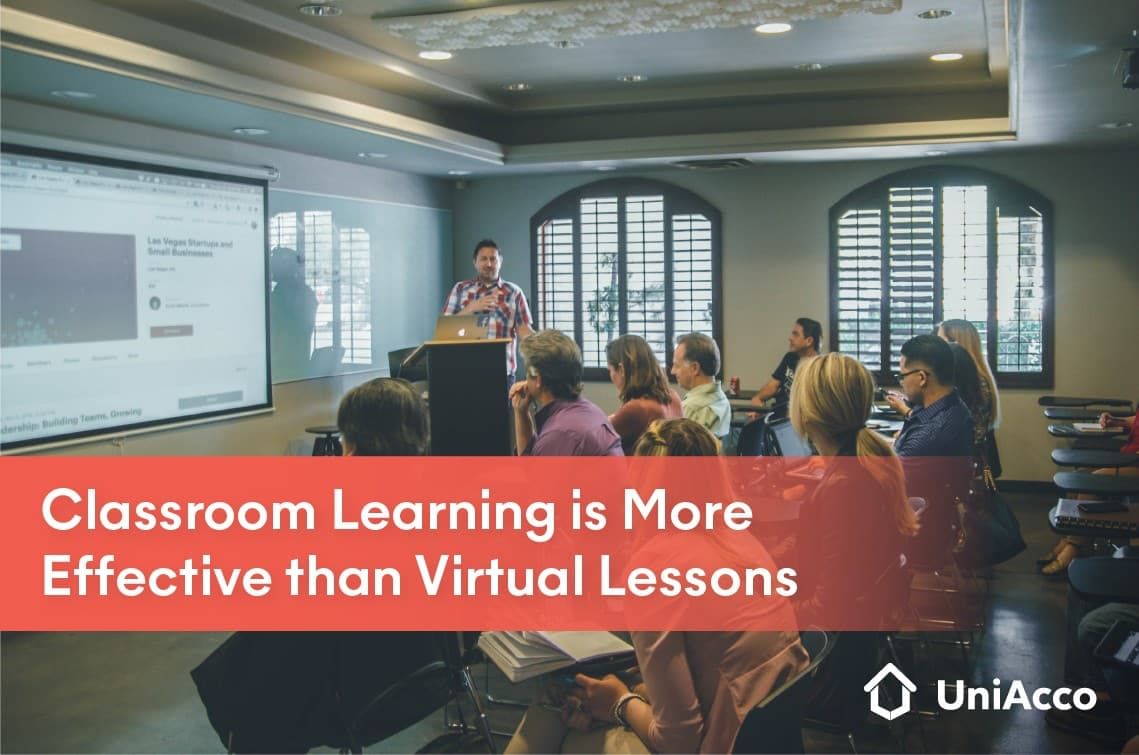








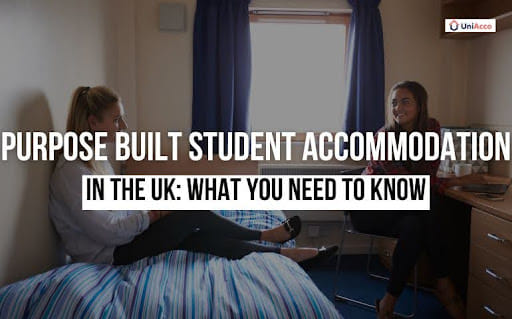
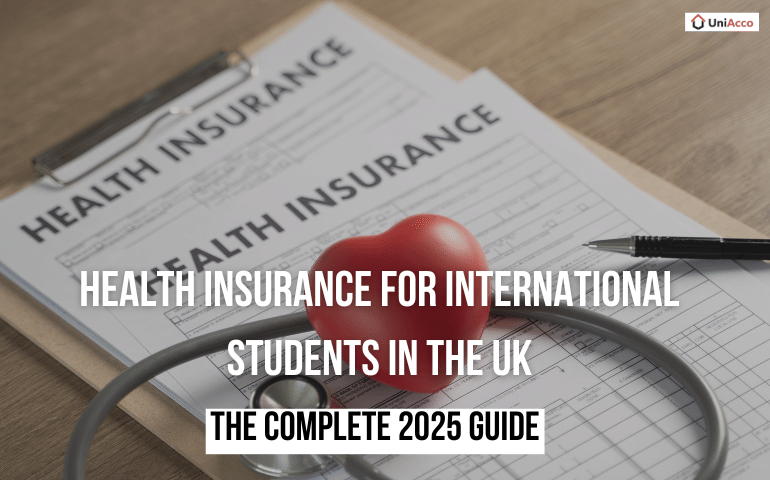



0 Comments